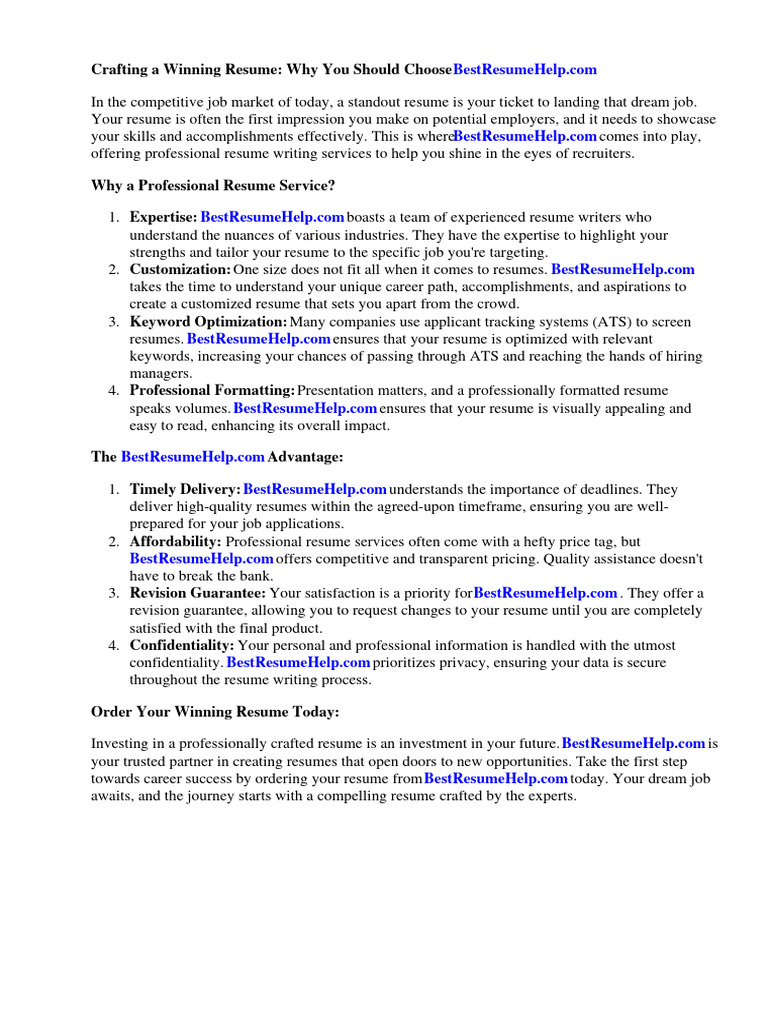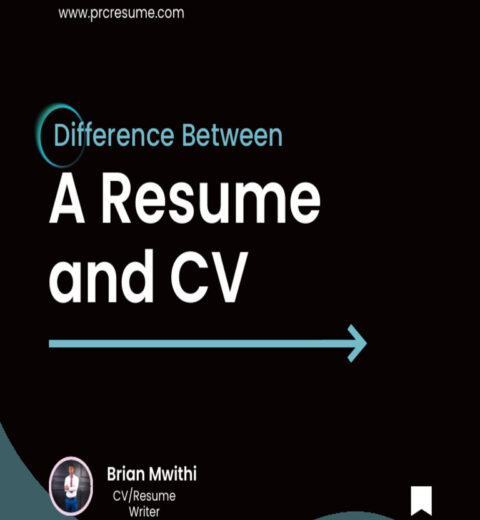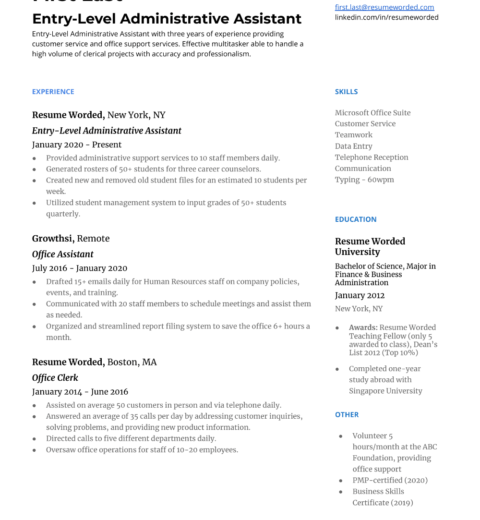As you embark on the journey of crafting your resume, a pivotal question may loom large: Should you include your GPA? This inquiry not only necessitates introspection regarding your academic achievements but also invites broader contemplation of how such details can impact your employment prospects. While some may argue that a high GPA serves as a testament to diligent work and intellectual acumen, others contend that it holds little relevance in the grand scheme of professional qualifications. Let’s delve into the nuances of this debate, examining the pros, the cons, and practical examples to aid in making an informed decision.
To commence, understanding the significance of your GPA is essential. The Grade Point Average (GPA) is a numerical representation of your academic performance, typically calculated on a scale from 0 to 4.0. For recent graduates or those entering the workforce, a stellar GPA may indicate a strong work ethic, analytical abilities, and time management skills. However, in industries characterized by rapid change and practical skill demands, such as technology or creative fields, the relevance of GPA may wane.
Pros of Including Your GPA
1. Demonstrates Competence: Having a GPA of 3.5 or higher is generally perceived as a marker of commendable academic performance. It may suggest that you have developed a robust understanding of your field of study. Employers often see this as a reflection of your capacity to grasp complex concepts, learn new information quickly, and apply your knowledge effectively.
2. Competitive Edge: In highly competitive job markets, especially for entry-level positions, your academic credentials can set you apart. Employers often sift through numerous resumes, so a strong GPA can serve as a distinguishing factor amidst a sea of candidates.
3. Shows Dedication: Including your GPA sends a clear signal that you value education and are committed to your personal and professional development. This dedication may resonate particularly well with organizations that prioritize continuous learning and academic success.
4. Requisite for Certain Fields: In specific industries, such as finance, engineering, or academia, employers may explicitly require or highly value GPA metrics. In these contexts, listing a high GPA is often expected and can be crucial for overcoming initial screening processes.
The advantages of displaying your GPA may encourage you to lend credence to your academic accomplishments. However, it is equally important to contemplate the potential drawbacks of such a decision.
Cons of Including Your GPA
1. Irrelevance Over Time: As your career progresses, your GPA may lose its significance. Employers are generally more intrigued by your work experience, skill set, and professional expertise. For individuals with several years of experience, including GPA data from years ago may hinder more meaningful qualifications from emerging.
2. Potential Negative Impact: If your GPA isn’t particularly impressive, displaying it can have detrimental effects. A lackluster GPA could evoke doubts about your capabilities and undermine potential employers’ confidence in your skills. Ideally, it is better to omit a low GPA than to raise unnecessary questions about your qualifications.
3. Incompatibility with Professional Skills: In many fields, including the arts or entrepreneurship, practical experience outweighs academic performance. Highlighting your GPA might lead employers to overlook hands-on experiences or portfolio pieces that better showcase your capabilities.
4. Risk of it Taking Center Stage: By including your GPA, there is a risk that it may overshadow other significant achievements, such as internships, volunteer work, or relevant projects. A well-rounded resume that emphasizes diverse experiences may be more appealing to potential employers.
Now that we’ve navigated the pros and cons, let us consider some scenarios to elucidate when to include your GPA.
When to Include Your GPA
– If you have recently graduated and your GPA is 3.5 or higher, it makes sense to include this accolade early in your career. Employers scrutinizing fresh graduates often place value on academic performance.
– If you are applying for a position in a competitive field that prioritizes educational achievements, such as consulting or finance, a high GPA may enhance your credibility.
– If your GPA is particularly impressive relative to your peers (for instance, you graduated with honors or received academic awards), this information may help elevate your application.
When to Omit Your GPA
– If you have significant work experience, displaying your GPA may be superfluous. Employers will be more interested in your professional accomplishments and skills.
– If your GPA is less than 3.0, it is generally preferable to omit it from your resume. Instead, focus on skills, experiences, and achievements that reinforce your qualifications.
– If you have transitioned into a field that does not prioritize academic success, it may be wise to emphasize practical skills and accomplishments instead of academic records.
In conclusion, the decision to include your GPA on your resume is multifaceted. It involves not only a reflection of your academic achievements but also a strategic assessment of how such details align with your career objectives and the expectations of potential employers. A thoughtful evaluation of your current status in the workforce, the significance of your GPA in your chosen field, and the overall narrative of your professional journey will guide you toward the most judicious choice. Ultimately, whether you choose to showcase your GPA or not, remember that a well-rounded resume that effectively communicates your skills and experiences will invariably lead to the most favorable outcomes.




